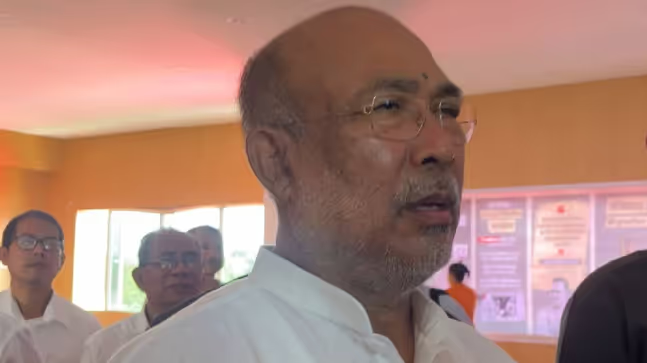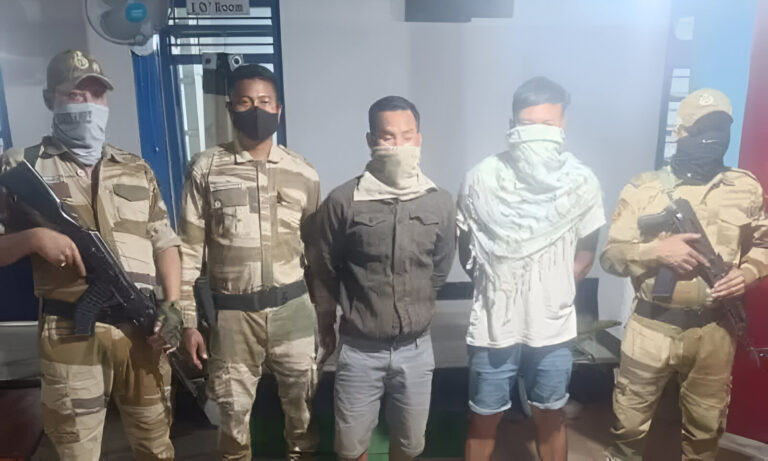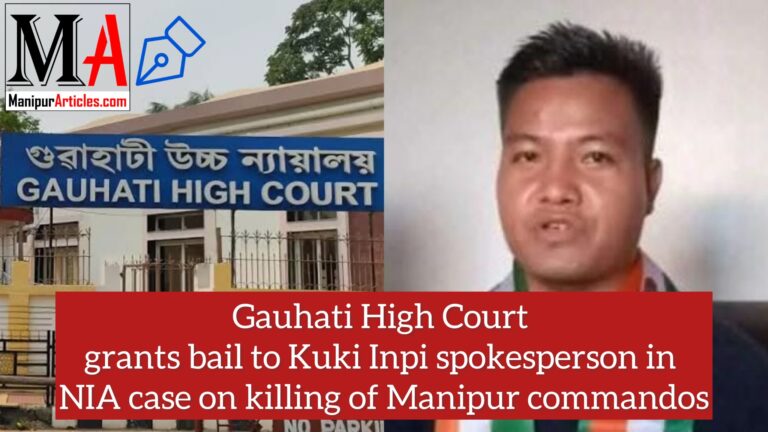Former Manipur CM Biren Singh expresses hope for restoration of popular government in state
Summary
Former Manipur Chief Minister N. Biren Singh expressed optimism that a popular, democratically elected government could soon be restored in Manipur, which has been under President’s Rule since February 13, 2025, following months of ethnic violence and his own resignation. Speaking after releasing PM Modi’s book Emergency Diaries, Biren Singh noted that “over seven to eight months” have passed without large-scale communal clashes, signaling a return to relative peace that, in his view, lays the groundwork for reinstating people’s rule. He emphasized that while the NDA at the Centre supports a swift restoration, the ground situation and consultations among BJP MLAs are key factors in timing the transition back to an elected government
Hopes on the Horizon: Restoring Manipur’s Popular Government
Introduction
Have you ever watched a paused movie, anxiously waiting for the play button so the story can continue? That’s exactly how many Manipuris feel right now. After years of political turbulence and ethno-communal strife, Manipur’s democratic process has been on hold under President’s Rule. But former CM N. Biren Singh—the man who helmed the state for eight years—believes the time is ripe to hit “play” again on Manipur’s elected government. Let’s walk through why he’s hopeful, what the roadblocks look like, and how this could shape Manipur’s future.
1. The Backdrop: President’s Rule and Why It Happened
A. Unrest Since 2023
Manipur erupted into violence in May 2023, when clashes between the majority Meitei community and the Kuki-Zo tribal groups spiraled into days of shootings, arson, and mass displacements. Over 260 lives were lost, and thousands were rendered homeless, shattering the state’s communal fabric
B. Chief Minister’s Resignation and Central Takeover
By early February 2025, Manipur had endured 20 months of intermittent violence, allegations of police bias, and political deadlock. Facing a looming no-confidence motion and escalating tensions, CM Biren Singh resigned on February 9, 2025, paving the way for the Centre to impose President’s Rule on February 13, 2025 . The state assembly was put under suspended animation, and governance shifted to the Governor and bureaucratic machinery.
2. Why Biren Singh Is Optimistic Now
A. Signs of Lasting Calm
“One encouraging sign,” Biren Singh pointed out, “is that it’s been over seven to eight months since any communal clashes.” According to multiple reports, Manipur has not seen widespread violence since late 2024, suggesting that communities are cautiously coexisting again
B. Political Alignment at the Centre
Biren Singh stressed that the NDA government in New Delhi also “desires the re-establishment of a democratic government in Manipur.” As a national party, the BJP cannot unilaterally decide state leadership—it must align with central leadership after evaluating on-ground realities
3. What “Popular Government” Really Means
A. Beyond Numbers: People’s Trust
When we say “popular government,” we’re not just counting assembly seats. It’s about legitimacy—does the government enjoy the trust of the people? After months of fear and displacement, an elected government could offer a fresh mandate for reconciliation, rebuilding, and recovery.
B. The Democracy–Security Balance
President’s Rule can restore order, but it’s no substitute for elected leadership. It’s a bit like putting training wheels on a bicycle: it keeps you upright, but you won’t learn balance until you ride without them. Biren Singh argues that while security was paramount, it’s time to relinquish those training wheels and let democracy steer.
4. The Consultation Process: How Decisions Are Made
A. BJP MLAs in Discussion
Biren Singh revealed that regular meetings among Manipur’s BJP legislators are underway, assessing peace levels, infrastructure readiness, and social sentiments. They’re essentially acting as ground-truth reporters, feeding real-time updates to national leaders.
B. Centre’s Review Mechanism
On Delhi’s side, multiple ministries—Home, Northeast Affairs, even Defence—are reviewing incident logs, police action reviews, and humanitarian reports. Only when these datasets align with a threshold of “acceptable calm” will the Centre give the green light for elections.
Conclusion
Restoring a popular government in Manipur isn’t just about forming a cabinet—it’s about reforming trust, reigniting hope, and rekindling democracy. Former CM N. Biren Singh’s optimism is the match lighting the tinder—but the fuel must come from every corner of Manipuri society. If all hands join in, early 2026 could mark a new dawn, where ballots replace bullets, policy replaces panic, and people reclaim their voice. Are you ready to cast your vote for peace?
Frequently Asked Questions
- Why was President’s Rule imposed in Manipur?
President’s Rule was imposed on February 13, 2025, after CM Biren Singh resigned amidst 20 months of ethnic violence that left over 260 dead and thousands displaced - What does “popular government” mean in this context?
It refers to a democratically elected government that enjoys legitimacy and trust among diverse communities, replacing central administration for local governance. - How long will it take to organize elections?
If peace holds, preliminary ECI surveys could start by August–September 2025, with full polling by early 2026, accounting for voter-list revisions and security arrangements. - What role do local NGOs play in this transition?
Civil society organizations are crucial for peacebuilding, conducting dialogue workshops, voter education, and monitoring to ensure free and fair polls. - Can President’s Rule be extended further?
Legally, President’s Rule can extend in six-month increments, but the Centre and state MLAs aim to restore elected government as soon as ground realities permit.




